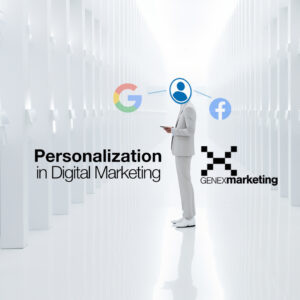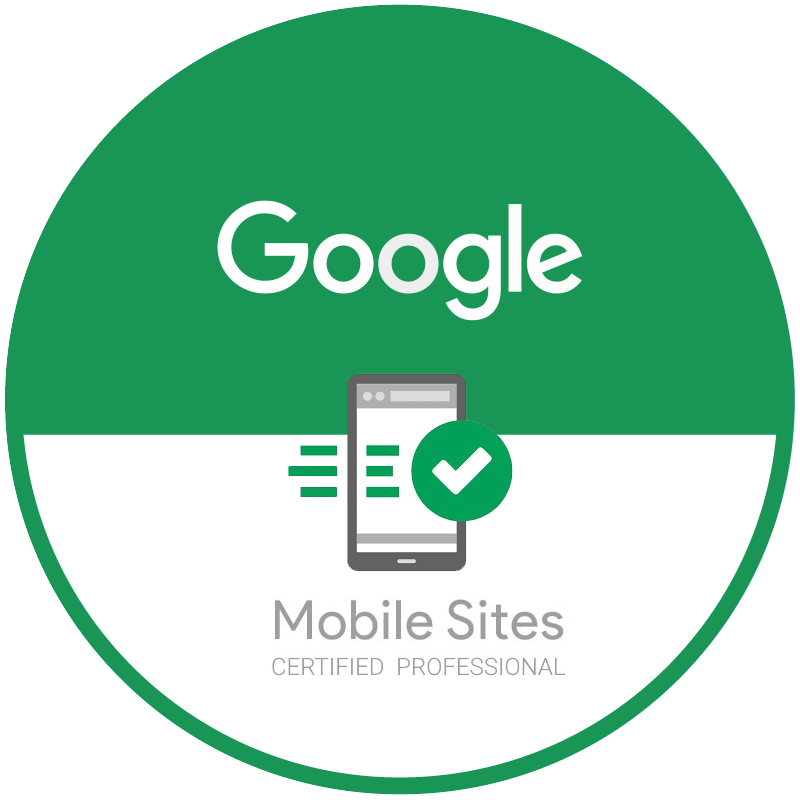Gone are the days of generic, one-size-fits-all marketing messages. With the abundance of data and technological advancements, businesses now have the opportunity to connect with their customers on a deeper level by delivering personalized experiences and fostering stronger customer relationships.
Understanding Personalization
Personalization in digital marketing refers to tailoring marketing messages, content, and offers to individual customers based on their unique preferences, behaviours, and demographics. It goes beyond simply using a customer’s first name in an email; it’s about providing relevant and timely information that resonates with their specific needs and interests.
Building Stronger Customer Relationships
One of the primary benefits of personalization is the ability to establish and nurture stronger customer relationships. By leveraging data and analytics, businesses can gain insights into their customers’ preferences, past purchases, and browsing behaviour. Armed with this information, marketers can deliver highly targeted and personalized content that engages customers at every touchpoint. When customers feel understood and valued, they are more likely to develop a sense of loyalty and trust towards the brand.
Enhancing Customer Experience
Personalization also plays a pivotal role in enhancing the overall customer experience. By tailoring messages and recommendations to individual customers, businesses can deliver relevant content that is aligned with their needs and interests. Whether it’s a personalized product recommendation, a customized email newsletter, or a targeted social media campaign, customers are more likely to engage and respond positively when the content speaks directly to their preferences. This, in turn, leads to higher customer satisfaction and increased brand loyalty.
Driving Business Results
Personalization isn’t just about creating warm and fuzzy feelings—it also drives tangible business results. Studies have shown that personalized marketing campaigns generate higher conversion rates, increased customer engagement, and improved ROI (Return on Investment). By delivering targeted messages and offers, businesses can effectively cut through the noise and capture the attention of their audience. Personalization helps businesses stand out in a crowded marketplace and creates a competitive advantage that can directly impact the bottom line.
In the digital age, personalization has become a necessity for businesses looking to connect with their customers on a deeper level. By leveraging data, analytics, and technology, marketers can deliver personalized experiences that resonate with individuals, foster stronger relationships, enhance the customer experience, and ultimately drive business growth. Embracing personalization in digital marketing is no longer an option but a strategic imperative for staying ahead in today’s dynamic and customer-centric marketplace.


